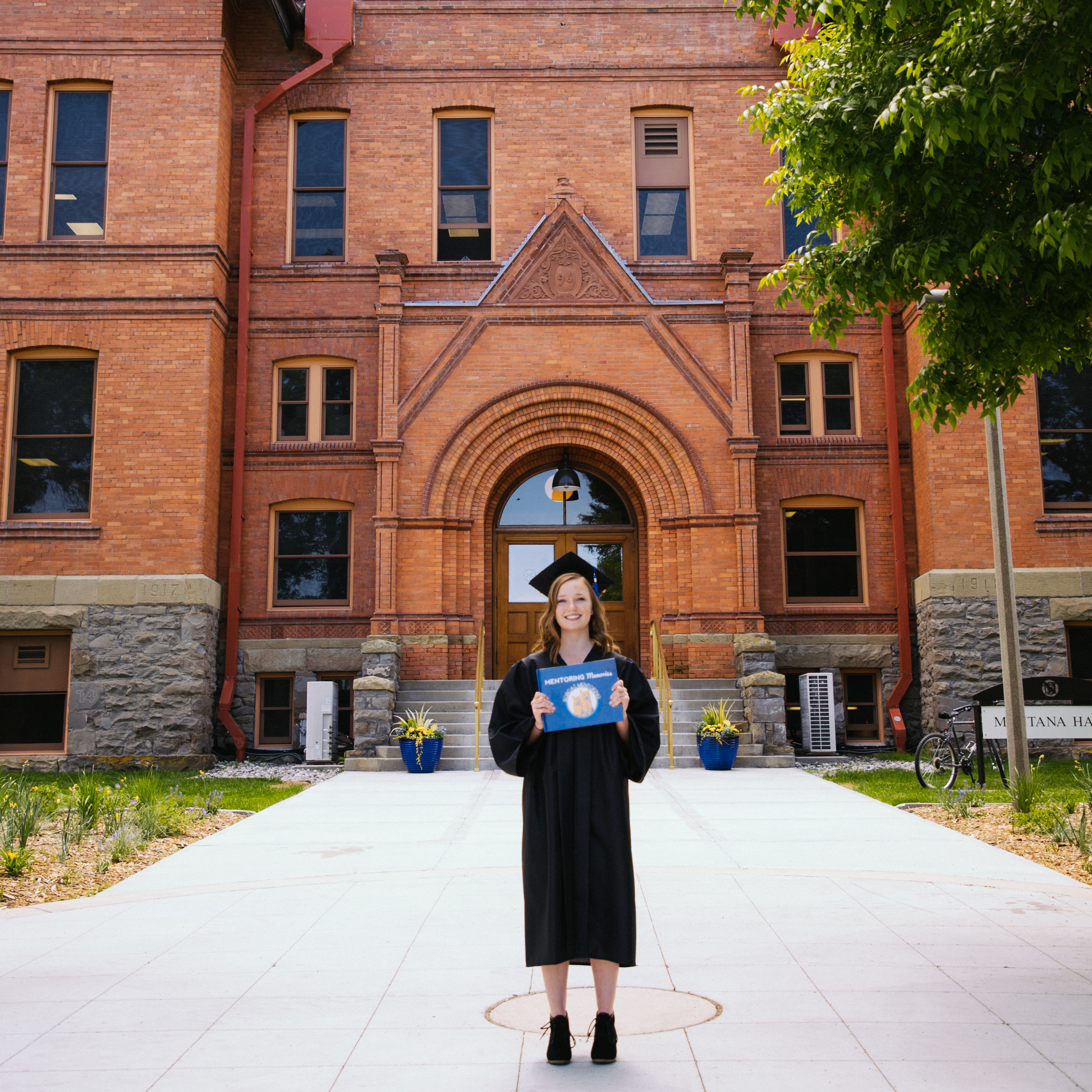Reasons to Return
Our values creating action
Returning to collegerequires prioritizing what isimportant andtaking actionon your goals. The Return to Learn program understands that returning students face unique and challenging situations. Post-secondaryeducation is an importantconsiderationwhen planning your careerandisespecially critical when raising a family and working.
A study done in2011by the Lumina Foundation found that75% of all college students work, have families, or attend school part time.On average, a college education increases the earning potential of graduatesacross all majors, and a degree increases the likelihood of successfully becoming employed.
The Return to Learn Programinvites students over the traditional college age to return and completetheir degree. As part of the Allen Yarnell Center for Student Success (AYCSS), the Return to Learn program is committed to each student with an uncompromising focus on academic success and graduation.The program is designed to help students negotiate the re-entry process and to provideresources thatimprove academic performance. With a keen focus on career goals, the Return to Learn Program prepares students for a commitment to success.
|
|
Grads have a higher earning potential.32% of employers increased their education requirements over the past year (2017). (National Survey of 2300 Hiring and HR managers 2016) |
|
|
Grads have the skills needed to change their careers.By 2020, 69% of jobs will require an associates degree or higher. (www.2.gse.upenn.edu) |
|
|
Grads have enhanced career prospects.April 2015 unemployment rates for people age 25 and older:
(U.S. Bureau of Labor Statistics) |
|
|
Grads have better employment perks.College graduates are more likely to recieve retirement plans and health care packages from their employers. (collegeboard.org) |
|
|
Grads have a healthier and better quality of life.
8% for 4 year college graduates vs. 26% for high school graduates.
least a Bachelor's degree exercised vigorously once a week vs. 45% of high school graduates. |
 |





